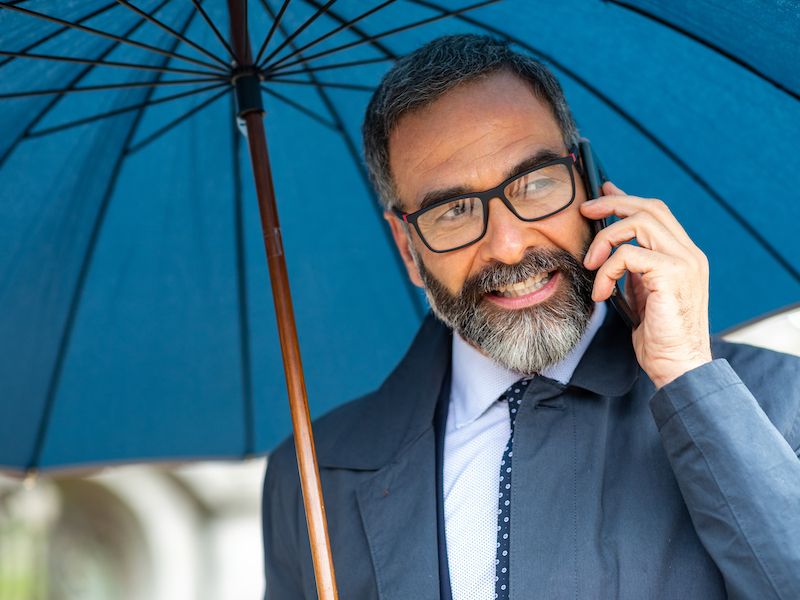
John’s having a difficult time at work because he can’t always hear conversations. He’s in denial and keeps telling himself that everyone is speaking unclearly. He feels that you should be old to wear hearing aids, so he hasn’t gone in for a hearing test and has been steering clear of a hearing test. Unfortunately, he’s been doing significant harm to his ears by turning up on his earbuds. So, sadly, his denial has stopped him from getting help.
But what John doesn’t comprehend is that his viewpoints are antiquated. Hearing loss doesn’t have the stigma that it used to. Particularly, with the younger generation, it’s far less evident, even though you may still see it to some degree in some circles. (Ironic isn’t it?)
How Can Hearing Loss Stigma be Harmful?
The social and cultural connections with loss of hearing can be, to put it simply, not true and not beneficial. For some people, loss of hearing may be regarded as a sign of aging or a loss of vigor. The worry is that you’ll lose some social status if you acknowledge you have loss of hearing. They feel like they might appear old and come off as less “cool”.
This issue may be thought of as trivial and not associated with reality. But for individuals who are trying to cope with loss of hearing there are some very genuine repercussions. Including these examples:
- Obstacles in your job (perhaps you didn’t hear a critical sentence in a company meeting).
- Putting of on hearing loss management (leading to needless troubled and poor outcomes).
- Difficulties in your relationships (that isn’t just selective hearing…you really didn’t hear what was said).
- Difficulty finding employment (it’s unfortunate, but some people may buy into the stigmas around hearing loss even if it’s not entirely legal).
There are numerous more examples but the point is well made.
Fortunately, this is all transforming, and it genuinely does feel as though the stigma over loss of hearing is fading away.
Why is The Stigma of Hearing Loss Decreasing?
There are a number of significant reasons why hearing loss stigma is decreasing. Population demographics are changing and so is our perception of technology.
It’s Becoming More Common For Young Adults to Have Hearing Loss
Younger adults are dealing with loss of hearing more frequently and that could certainly be the number one reason for the decrease in the stigma connected to it.
Most statistical research report the number of individuals who suffer from loss of hearing in the U.S. about 34 million, which breaks down to 1 out of every 10 people. In all probability, loud noises from a number of modern sources are the leading reason why this hearing loss is more prevalent than it’s ever been.
There’s more discussion and knowledge about loss of hearing as it becomes more widespread.
We’ve Become More Familiar With Technology
Perhaps you were concerned that your first set of hearing aids would cause you to look old so you resisted wearing them. But nowadays hearing aids nearly completely blend in. No one really even is aware of them. In many cases, newer hearing aids are small and subtle.
But frequently hearing aids go unobserved because these days, everyones ears seem to have technology in them. Everyone is used to dealing with technology so nobody is concerned if you have a helpful piece of it in your ear.
An Overdue Change in Thinking
Naturally, those two factors are not the only causes behind the reduction of hearing loss stigma. Much more is generally understood about hearing loss and there are even celebrities that have told the public about their own hearing loss conditions.
There will continue to be less stigma about hearing loss the more we see it in the world. Of course, now we want to do all we can to stop hearing loss. If we could determine a way to reverse trends in youth hearing loss as we challenge hearing loss stigma that would be optimal.
But more people will come around to seeing a hearing professional as this stigma fades away. This will keep everybody hearing better and improve general hearing health.
